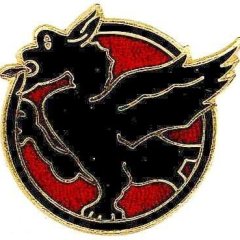Use RegExp on binary data
-
Recently Browsing 0 members
- No registered users viewing this page.
-
Similar Content
-
- 5 replies
- 944 views
-
- 8 replies
- 1,422 views
-
- 5 replies
- 1,484 views
-
- 11 replies
- 1,522 views
-
- 0 replies
- 1,707 views
-





Recommended Posts
Create an account or sign in to comment
You need to be a member in order to leave a comment
Create an account
Sign up for a new account in our community. It's easy!
Register a new accountSign in
Already have an account? Sign in here.
Sign In Now